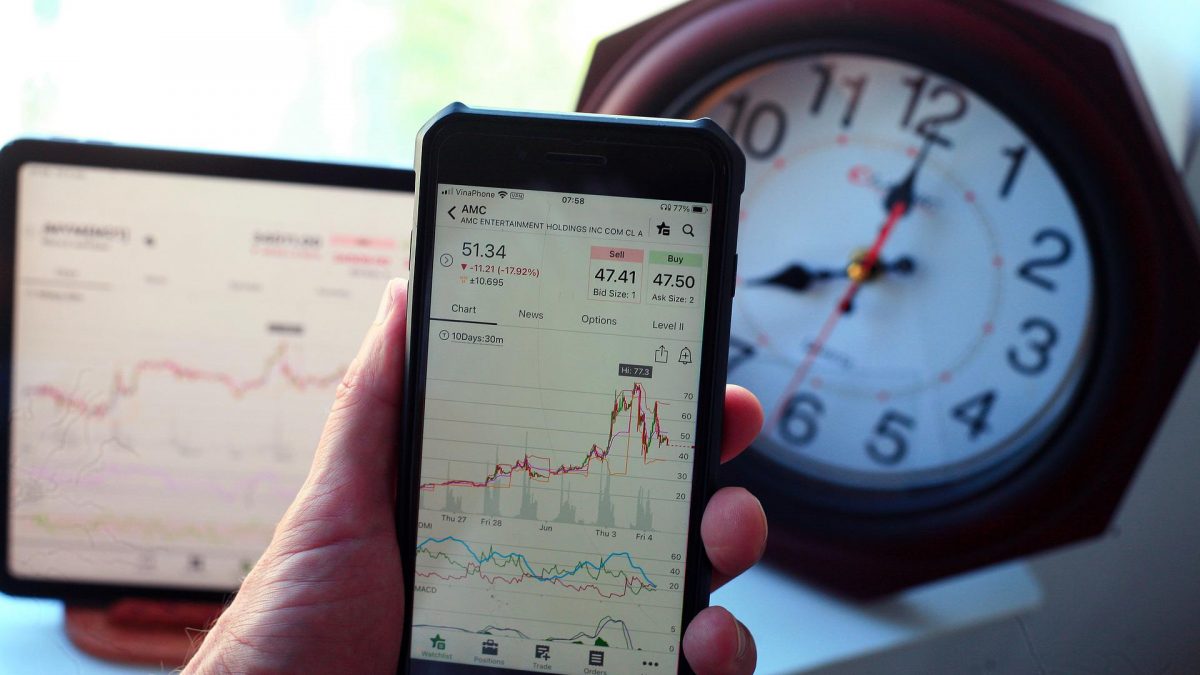By Nick Massey
August 2, 2022
Timing the market
There is an old Wall Street expression about market timing that says, “It’s not about timing the market. It’s about time in the market.” People think a lot about price in markets but don’t think much about time. For example, think of the Coronavirus crash of March 2020. Stocks dropped 35 percent (which would rank it among the top great bear markets in history), but they only stayed down for a couple of months.
I’m sure most people do not consider it one of the great bear markets in history. It happened so fast that nobody sold, and then everyone was bailed out. It ended up being a hiccup in the context of a great bull market.
The great financial crisis of 2008 was terrible, but not as terrible as you think. From the top in November 2007 to the bottom in March 2009, it was only 21 months. That’s much shorter than the Great Depression and even shorter than the dot-com bust, which lasted three full years from early 2000 to late 2002. I remember that one well. In some respects, the dot-com bust was worse because it seemed to go on forever.
So, if we are going to have a bear market, let’s pray that it is short. Not shallow, but short. Time is what influences investor behavior more. After the dot-com bust, nobody day traded again for 20 years. No one had the appetite for it. We’ve seen a couple of these cycles play out in the crypto markets as well, where you have long periods of “crypto winter.”
This brings up some interesting behavioral finance points. If you find yourself in the midst of a bear market and haven’t sold, it is probably a good idea not to sell. It’s too late, so just ride it out. I did hear some stories of people panicking out of stocks on the lows in March 2020 or March 2009. Oops. Time heals a lot of wounds, and there aren’t too many trades that can’t be fixed by time. Sure, some companies go out of business and disappear, but many don’t.
I’m sure you can think of a few stocks following some fad but crashed when the fad wore off. But some reinvent themselves and have a second reincarnation. If you are down 95 percent on your investment, there isn’t any need to sell unless seeing the price every time you open your brokerage statement is depressing you. Just hang on, and maybe it will be worth something. Besides, those Beanie Babies will be worth something sometime in the future.
As for the major stock indices, there has only been one time in history when stocks went down and stayed down: 1929–1946. If you were willing to wait 17 years, you would have recovered your losses. I have had a few big losing trades in my career that I waited out simply because I had the patience or perhaps the stubbornness. Of course, professional money managers cannot do this because they’ll get fired. But you can do this if you have the patience and intestinal fortitude.
Stuff takes time to work. Many people, myself included, make an investment and expect it to go up immediately. Sometimes it does, but it usually doesn’t work out that way. You buy a stock, it goes down, and you’re down 5 percent, 10 percent, 15 percent, and then you’re faced with choices. Do you wait it out? Do you buy more? Do you have discipline and cut your losses?
By the way, I am not discouraging you from having discipline. It is often good to sell things that have dropped 5 percent because they will often go on to drop 15 percent, and then you are faced with those uncomfortable choices. But I’m a big believer in giving investments time to work. You do all this research on a stock, your conviction is high, you buy it, and then you take a drawdown. Demoralizing. Do you sell it and throw all that research out the window? Or do you have a little patience with it?
Good investors have patience. They recognize that ideas take a long time to play out. And that’s not just true of the downside. It’s true of the upside, too. People have an idea with ten times the upside potential, so they buy the stock and then sell when it goes up 30 percent. And then it goes up ten times, and you missed the big move. Patience.
One thing that helps with time is distance. If you’re being patient with a trade, it’s best not to look at it at all. Don’t look at it for a few weeks. Go out, wash your car, mow the lawn, or read a book. Let the market do the work for you. Looking at it every five minutes isn’t going to make it go up. Quite the contrary, it’s going to make you miserable, and then when it does go up, you’ll sell it immediately. Put down the phone. Thanks for reading.
Subscribe to Email Updates
Subscribe
Get Edmond Business news in your inbox.

About Nick Massey
Nick Massey is a retired financial advisor and CFP, and former President of Massey Financial Services. He can be reached at nickokc@hotmail.com.



